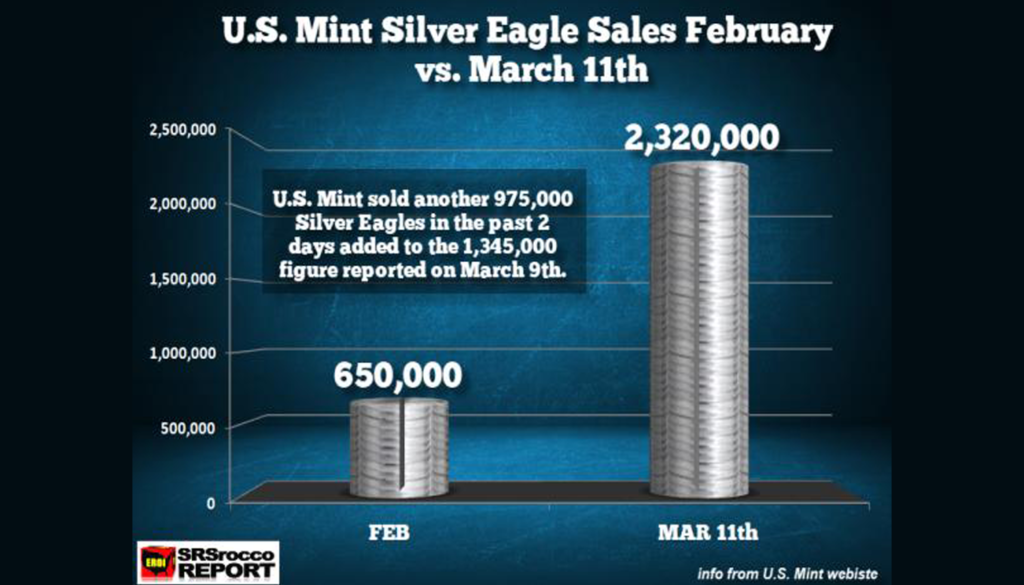The U.S. economy is “only treading water,” and the U.S. central bank needs to launch a sizable and open-ended asset-purchase program to spur demand, a Federal Reserve official said Tuesday.
“The GDP reports have been disappointing, [and] my expectation is the second half of the year won’t be much better,” Boston Fed President Eric Rosengren said in a sit-down interview with CNBC that followed an interview Monday with the Wall Street Journal.
“If you are treading water, even if you are a good swimmer, at some point you need to get to land,” Rosengren said.
Rosengren, who is not a voting member of the Federal Open Market Committee this year, had said he was open to more easing earlier this summer. Read about Rosengren and others on the Fed who were moving closer to QE3 last month.
But his call for “a much more accommodative policy” shows that his worries about the recovery have grown.
And Rosengren’s comments about the specifics of another bond-purchase plan also show an important shift in thinking by some at the Fed that the key to an effective third round of quantitative easing — colloquially, “QE” — would be to make it open-ended. The first two rounds of QE ended on specific dates.
Many economists have argued that the Fed would need some new twist to convince markets that “this time would be different.”
It is unclear whether Federal Reserve Chairman Ben Bernanke or a majority of Fed officials share Rosengren’s views.
The Fed surprised analysts by holding policy steady at its last meeting on July 31-Aug. 1 even though it downgraded its outlook. The Fed said it was “closely monitoring” incoming economic data.
There is a hawkish wing of Fed regional-bank presidents who are not expected to back further QE.
In a separate interview with Reuters, one of those hawks, Dallas Fed President Richard Fisher, said that new steps to stimulate the economy so close to a presidential election would be a mistake.
Ethan Harris, North American economist for Bank of America Merrill Lynch, said the comments from Rosengren and Fisher show the “debate is just getting started” over whether the Fed should act at its upcoming meeting on Sept. 12-13.
Rosengren said the Fed had been holding off from another round of quantitative easing because it expected the economy would pick up.
He argued that the Fed should set out to buy a specific dollar amount of mortgage-backed securities per month but not set an end date until there was a clear improvement in the economy. “My hope would be that the policy would be substantial enough that we actually wouldn’t have to carry it on for that long and that we would start to see real improvements in the economy,” Rosengren said.
The size of the monthly purchases must be “substantial enough” to offset drags from the European sovereign-debt crisis, he said, adding that monthly purchases should be of roughly the same magnitude as in the first two rounds of bond purchases.
More QE would boost asset prices and could help the housing market that already has “some legs,” he said.
In the Wall Street Journal interview, Rosengren also said he would support trimming the 0.25% rate that banks receive for parking excess cash at the central bank. Read earlier story on rate banks get for parking cash at Fed.
His views on the interest rate on excess reserves are important because Rosengren is an expert on money markets. Many economists have argued against cutting the interest rate on excess reserves because it would hurt short-term lending markets.
Rosengren said a gradual reduction in the 0.25% interest rate was appropriate in light of these concerns.
Greg Robb – MarketWatch – August 7, 2012






